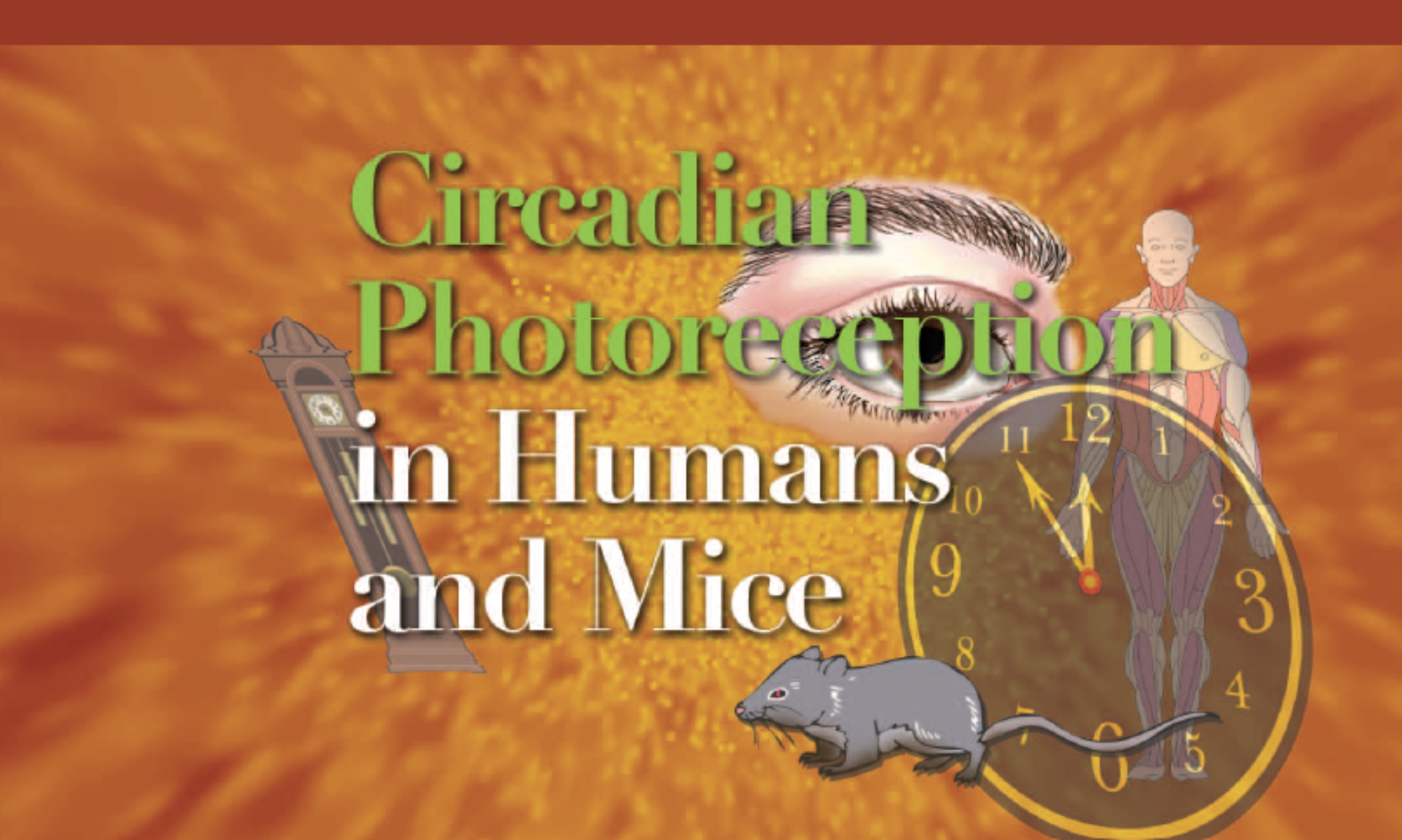Understanding and Modulating Circadian Clock Through Small Molecules
The circadian clock is an endogenous oscillator that regulates daily rhythms in behaviour and physiology. In recent years, systems biology and genomics approaches have re-shaped our view of the clock. Our understanding of outputs that regulate behaviour and physiology has been enhanced through gene expression profiling and proteomic analyses. At the molecular level, the clockwork of the cell involves several proteins that participate in positive and negative transcriptional feedback loops (see Figure in below). Recent studies indicated that clock in different tissues work differently through local modifiers. In addition microarray studies on conditionally Bmal1 knock out mice indicated that different genes are under the control of the circadian clock in liver and neuronal cells. This suggests that core clock proteins are interacting with different local proteins and, in turn, controlling the transcription of different genes in these tissues. Our initial observation indicated that core clock proteins are in fact interacting with different proteins to regulate clock at the transcriptional level. However, we have not a complete picture of how clock get modified in different cells by interacting with transcription factors (TFs) and, in turn, modifying animal behaviour and physiology.
One of the aim of our group is to identify TFs or proteins interacting with core clock proteins (Clock, Bmal1, Crys and Pers) by taking a genome wide screening approach developed by our group using molecular and biochemical tools. Our long term goal to identify TFs modifying circadian clock that contribute to sleep, memory and learning. By understanding these basic cellular mechanisms in greater detail, we anticipate that we will gain insights into how TFs or proteins in each cell type contribute to normal physiology, and behaviour and therefore disease.
The another aim of our group is to discover novel small molecules regulate the activity of the core clock proteins. Considering 70% of the population in Central Europe suffers form circadian disturbance, it is essential to have intact and prices clock in the cells to reduces the risk to get these diseases. The idea to adjust timing in the cell with small molecules is emerging topic and several research groups used high throughput screening to find molecules to regulate core clock mechanism. Despite the effort, this approach didn’t have success to generate molecules specifically regulates core clock proteins. The fundamental scientific challenge is to find small molecules directly binds and regulate core clock proteins. The proposed study offers the discovery of the library new molecules for each core clock proteins that regulate core clock, and in turn for the treatment of diseases like cancer, and the others. In addition, core clock specific molecules will have also great impact on research, where they can be used as tools to understand how clock works when it is transiently modulated.


